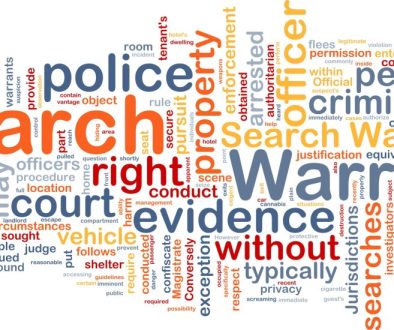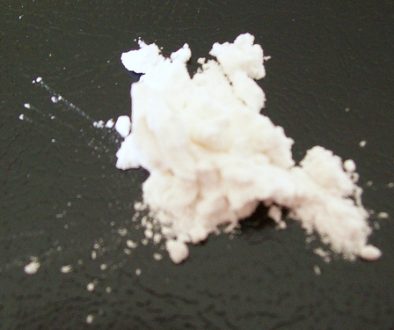LSD and Criminal Intent
LSD (lysergic acid dethylamide) is a schedule I controlled substance and it’s sometimes commonly referred to as “acid”. LSD is the most prominent hallucinogen in the United States and it’s often used by college students, people at concerts, or just someone who wants to escape from reality a little while. Medical studies show that there are little long term side effects from the drug but short term side effects include hallucinations, delusions, panic, rapid heart rate, and anxiety.
LSD is a stimulant that is odorless, colorless, but does have a slightly bitter taste. It is usually sold in tablet form sometimes known as microdots or sugar cubes. The drug also is distributed in squares of gelatin, or on sheets of absorbent paper soaked with the drug which often come with colorful designs of art work. The effects of the drug are unpredictable and users typically feel the first effects within 30-90 minutes of ingestion. The experience of LSD is often called a “trip” and bad adverse reactions are called “bad trips”. A “trip” can last hours depending on the amount of ingestion and in some cases higher doses can lead to effects lasting up to 10-12 hours.
While LSD will ultimately cause a person to act out of the ordinary or what some may classify as “crazy” it’s never a legal defense to any crime including DUI. Much like with alcohol, any drug or controlled substance (schedule drug) voluntary intoxication can’t be used to negate criminal intent (Mens Rea). The only exception in Pennsylvania is in the case of a homicide where voluntary intoxication can downgrade murder of the first degree to murder of the second degree. It’s important to remember, however, that LSD is an odorless and tasteless drug and there are situations where a person is involuntarily intoxicated after someone puts something in their drink without their knowledge. In these situations intoxication can be a viable defense which calls into question or establishes reasonable doubt as to a person’s mental state (criminal intent and a criminal offense).
Remember LSD is a stimulant and a person’s reaction is potentially relevant to a criminal defense. A person’s reaction to LSD is not only relevant at trial but potentially at pre-trial motions such as motions to suppress evidence which are common in drug, gun, and DUI cases. A motion to suppress argues that police didn’t have either reasonable suspicion to stop or probable cause to arrest someone for a crime.
Police will often testify that they stopped someone based on an individual’s awkward movements or following a call for assistance. If, for instance, the police officer testifies that they stopped someone because they appeared “high on LSD” the defense could attack this testimony with questions regarding the police officer’s knowledge of the drug and its side effects. This issue alone could decide a motion to suppress.
For more information on criminal defense tactics and strategies please check out the free download section on my website.
Contact Our Criminal Defense Lawyers in PA & NJ
Please click here to contact our Philadelphia criminal defense lawyers. We offer free case reviews and serve the following areas in Pennsylvania and New Jersey, Atlantic City, Camden, Cherry Hill, Chester, Conshohocken, Doylestown, Media, Norristown, Philadelphi



